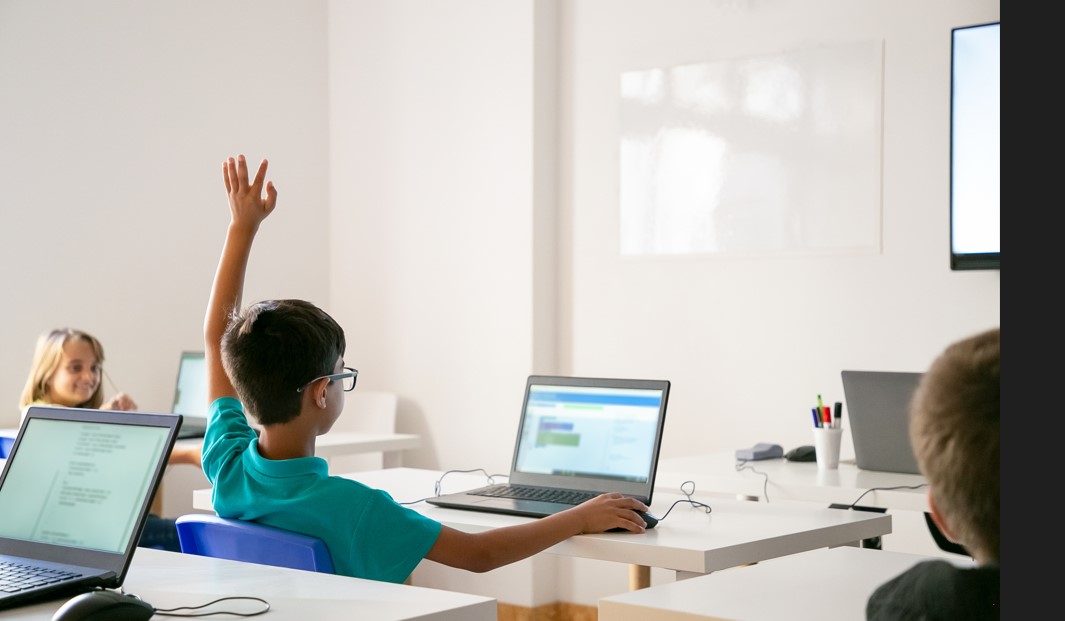Education plays a crucial role in defining a person’s personality and building confidence. Children’s development parallels the future of the country. Only because of education, which has been successful in transferring the appropriate amount of knowledge to children, has made discoveries and innovations feasible.
Enrolling your kids in primary school tuition will work on 3 aspects of the development of young minds;
MENTAL ASPECT:
- Primary school tuition is a special technique to assist kids in learning outside of the box. Topics that encourage children’s interest are included in the curriculum of the tuition programs.
- The curriculum assists kids in developing their cognitive skills (working memory, reasoning, and executive function), which are directly related to academic success.
- The curriculum for primary school has been created in a way that encourages a variety of disciplines including literature, math, and history, which helps a child become aware of the huge universe.
- Since education is a child’s primary source of knowledge, working on learning and reasoning skills as well as cultivating interest in the child’s mind aids in helping the child frame the mental stability.
SOCIAL ASPECT:
- The social aspect is one of the most important things that children learn in primary school.
- Enrolling your children in primary 1 improves their social skills by allowing them to engage with others from varied backgrounds.
- Interaction with other citizens helps youngsters develop empathy, camaraderie, participation, and assistance.
- Being in primary school tuition allows children to participate in group conversations, which improves their communication skills.
- Primary school tuition includes kids from many communities, which helps a child learn about the world.
- This also protects children’s decision-making abilities by exposing them to a variety of children and allowing the child to choose whom to connect with.
PHYSICAL ASPECT:
- Co-curricular activities (such as drawing sessions, events, sports, and contests) take place outside of the typical classroom day and help children direct their energies toward more social activities.
- All extracurricular activities help kids develop a variety of skills, such as strength, coordination, the capacity to handle sudden bursts of energy, teamwork, respect for authority figures, and adherence to regulations.
- The development of a child’s overall well-being is mostly based on their ability to perform physical activities like running, catching, stretching, throwing, and many more.
While there are a number of ways to pass knowledge such as research, teaching, training, and much more the most ideal way to impart knowledge to kids is the storytelling mechanism. This mechanism helps in quick learning of the concepts by children. Learning is a broad concept completed by children in 5 stages:
- Prior Knowledge: This is the knowledge that has been ingrained in the child’s mind prior to the topic being introduced. If past knowledge is lacking, tuition must be used to bridge the gap.
- Presenting Fresh Material: A critical stage in the learning process is the introduction of fresh material with various notions.
- Provide a challenge: It’s crucial to offer test modules that push kids’ capacity for understanding and learning. This process enables a tutor to monitor a student’s progress.
- Feedback: It’s important to provide youngsters feedback on their progress reports so they may fill in any gaps.
- Repetition: Children’s learning abilities are ensured by repeating all of these steps over and over.
CONCLUSION
Finally, education aids in the acquisition of skills and knowledge. It is a tool for exploring the world’s tremendous possibilities. Education is crucial for a child’s development on many levels, including cerebral, social, and physical. In order to improve cognitive skills, a child’s capacity for learning is crucial. The five steps—presenting new content, posing challenges, giving feedback, and repetition—all add to a child’s capacity for learning. One can gain access to all these educational benefits by primary 1 registering for primary school tuition.





